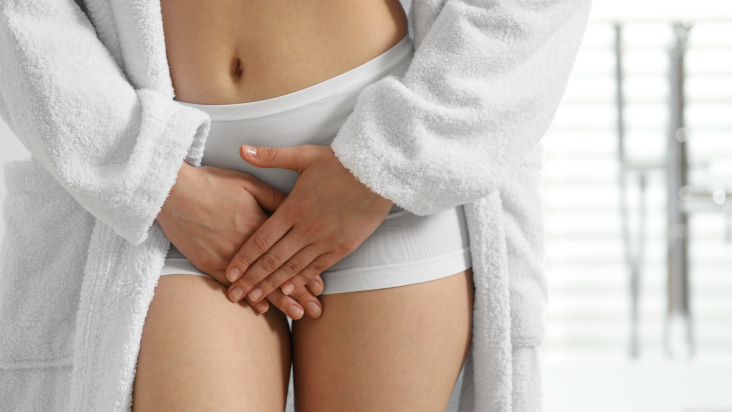Urinary incontinence — the involuntary loss of bladder control—affects up to 45% of women at some point in their lives. For some, it’s a mild inconvenience; for others, it can be deeply disruptive and limit daily activities.
At Sheridan Memorial Hospital Women’s Clinic, our team offers compassionate, effective treatments to help you regain confidence and improve your quality of life.
What is urinary incontinence?
Urinary incontinence occurs when your bladder muscles or nerves don’t work together properly, leading to urine leakage. The condition can range from occasional drips during activity to sudden, strong urges that make it difficult to reach the bathroom in time.
Types of urinary incontinence in women
Understanding your type of incontinence helps guide treatment:
- Stress incontinence – Leakage occurs with physical activity that puts pressure on the bladder, such as coughing, laughing, sneezing, exercising, or lifting heavy objects.
- Urgency incontinence (overactive bladder) – A sudden, overwhelming urge to urinate followed by involuntary leakage.
- Mixed incontinence – A combination of stress and urgency incontinence.
- Overflow incontinence – The bladder doesn’t empty completely, causing leakage or dribbling.
- Transient incontinence – Short-term incontinence caused by medications, infections, or temporary health conditions.
When to see a doctor
Even small amounts of leakage are worth discussing with your provider. Urinary incontinence is not an inevitable part of aging — and treatments are available. Schedule an appointment if you:
- Leak urine during exercise, laughing, or sneezing
- Frequently feel a strong urge to urinate
- Avoid activities or social events due to fear of accidents
- Wake up multiple times at night to urinate
Treatment options for urinary incontinence
Your provider will create a personalized treatment plan based on the type of incontinence, its severity, and your overall health. Options may include:
Lifestyle and behavioral therapies
- Bladder training and timed bathroom breaks
- Limiting caffeine, alcohol, or evening fluid intake
- Pelvic floor strengthening exercises (Kegels)
Medical treatments
- Prescription medications to calm overactive bladder
- Vaginal devices (pessaries) for support
Surgical options
If conservative care doesn’t provide enough relief, procedures may be recommended:
- Sling procedure: A strip of tissue or synthetic mesh supports the urethra to prevent leaks.
- Bulking agents: Injections near the urinary sphincter help thicken tissue and reduce leakage.
Take back control
You don’t have to live with bladder leakage. Our women’s health specialists at Sheridan Memorial Hospital Women’s Clinic provide discreet, effective care for urinary incontinence.
Call today to schedule your appointment and take the first step toward lasting relief.

